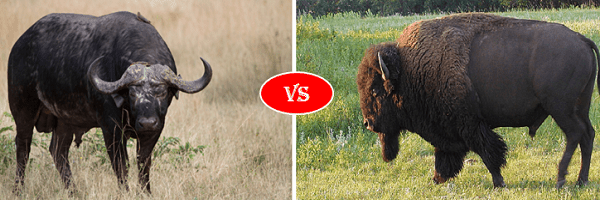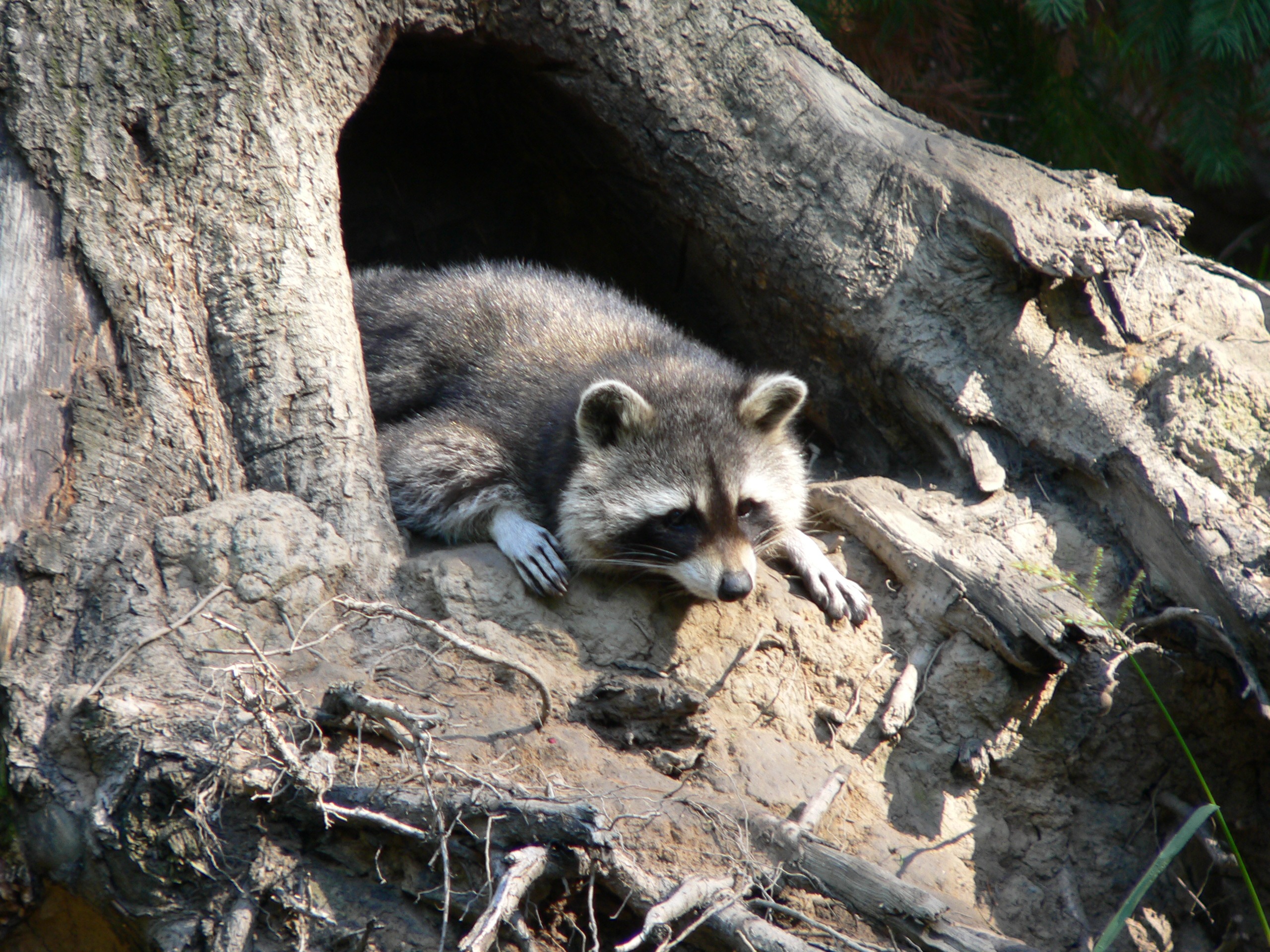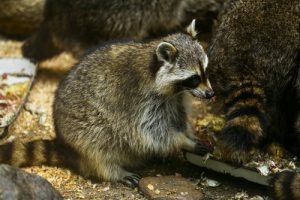

They are able to survive the winter months through several different strategies. This is because of their many unique features, which differ from most other North American mammals. How do raccoons survive winter?Īlthough raccoons have one of the shortest lifespans among mammals in North America, they are well adapted to cold climates. A raccoon will come out of its hiding every now and then when it’s warmer to scavenge or if it needs to stretch its legs. These shelters can be located in underground burrows or trees cavities, but sometimes they make use of attics and even chimneys! If there aren’t any natural den sites available then they will seek refuge under decks or porches. Raccoons will spend the winter in their dens sleeping and laying low. If the temperature is extremely cold, a pack of raccoons will sometimes share a den to share body heat and keep warm. In suburban and urban areas, they den in abandoned buildings, chimneys, attics, and other man-made structures.ĭuring winter months when food sources become scarce it may be necessary for animals to leave the warmth of their den so they can scavenge. Dens in the wild are usually underground or in elevated structures such as fallen hollow trees, hollow logs, brush piles, rock crevices, or even chimneys. A den is a shelter that raccoons use for resting, breeding, and as the center of their home range. The first step to understanding where raccoons go in winter is learning about what a den is. Where they live near human habitation, they will seek out attics and chimneys for their dens as these provide cover against the cold and wind as well as protection from predators such as bobcats or coyotes. In areas where there are many natural shelters available such as tree cavities, hollow logs, and rock crevices, a single group of raccoons may have several dens for use at different times of the winter. In the wild, raccoons will also den up in hollow trees and under large rocks.

They are very resourceful and often make their own dens for this purpose by digging holes under porches or decks, in abandoned burrows or groundhog holes. In the harsh months of winter, they will seek shelter in a safe place where they can den. During periods where temperatures drop particularly low, some have been known to enter torpor to reduce their body temperatures and metabolism.

This helps conserve energy so that the raccoon can survive until springtime when there is more food available again. Raccoons spend most of their time sleeping or resting throughout the winter season. In this article, we will talk about where raccoons live in the winter, how they survive, what they do, where they go, and other fascinating facts about raccoons in the winter season! Where do raccoons go in winter They have a diverse range of habits, behaviors, and habitat needs that allow them to live in many different environments. Help protect your home throughout the year with seasonal pest control solutions.Raccoons are among the most interesting and intelligent mammals in North America. To combat these rodents, contact Orkin for safe, efficient mouse control and removal. Winter Rodent Problemsĭisease, food contamination, and damage are all common issues when dealing with an infestation of mice in the winter, or in the warmer months.
Do raccoons hibernate or migrate plus#
In addition, the pests contaminate food with their saliva and droppings when they rip open packaging in search of a good meal, plus mouse saliva is known to trigger for asthma. Mice that tear into bags of trash transfer germs to everything they touch afterward. The rodents also gnaw wires and shred insulation. When mice go inside in the winter, they may chew on anything from support beams to storage boxes. In homes, a mouse will nest in wall voids, attics, or crawl spaces. Outdoors, these rodents burrow into the ground to rest or bear their young. They spend the winter actively foraging for food, seeking shelter, and if outdoors, avoiding predators. Whether in the wild or inside a house, mice do not hibernate during cold seasons. Additionally, these unwanted guests don't arrive empty-handed mice bring along a host of parasites and disease organisms when they enter homes.
Do raccoons hibernate or migrate crack#
Any crack or crevice along doorways and foundations will allow the pests indoors.

When temperatures drop, mice often enter homes for warmth and food.


 0 kommentar(er)
0 kommentar(er)
